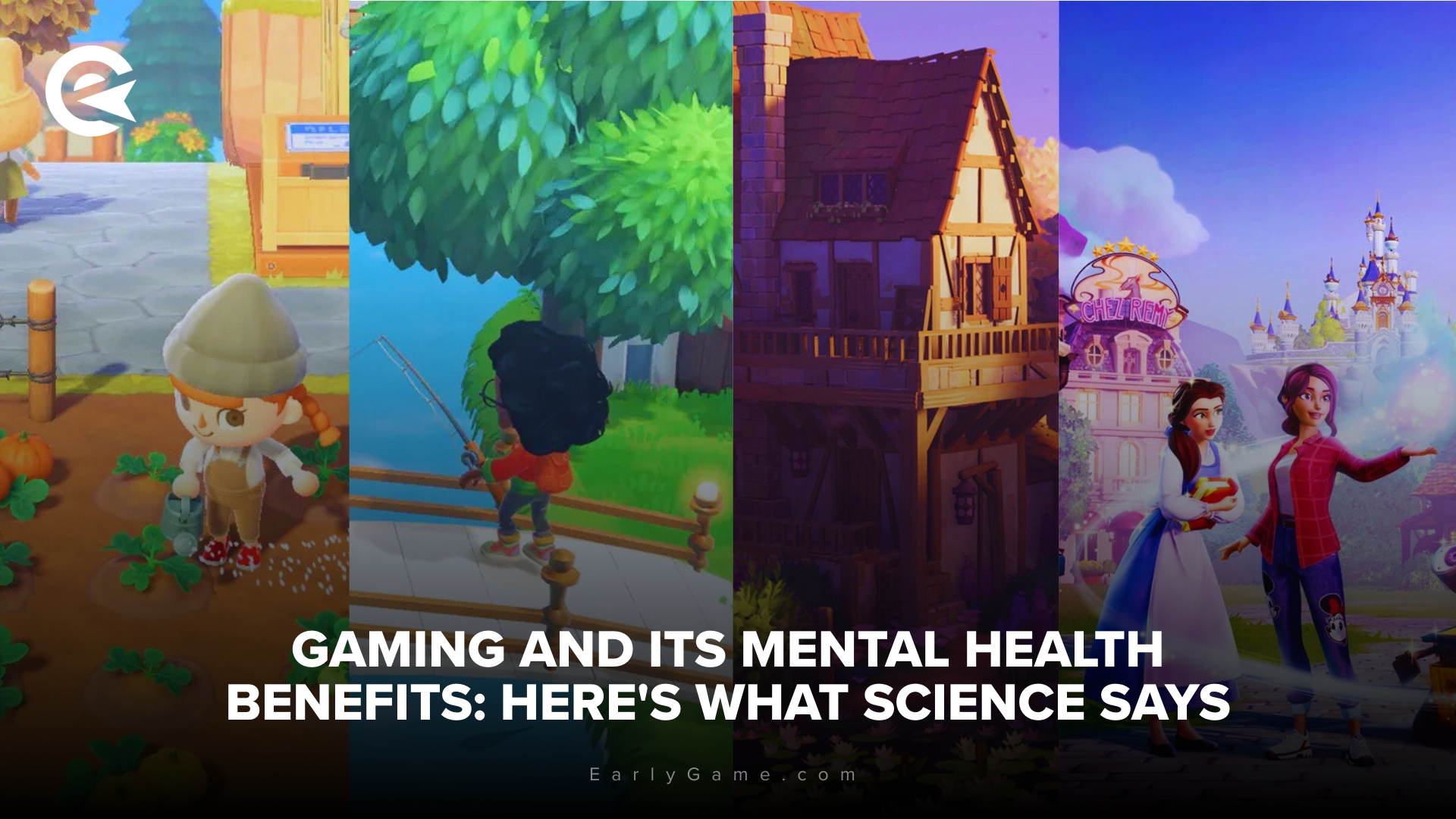Have you ever thought about the possibility that gaming could be good for your mental health? Well, recent studies about "cozy games" and industry experts provide some very interesting findings.
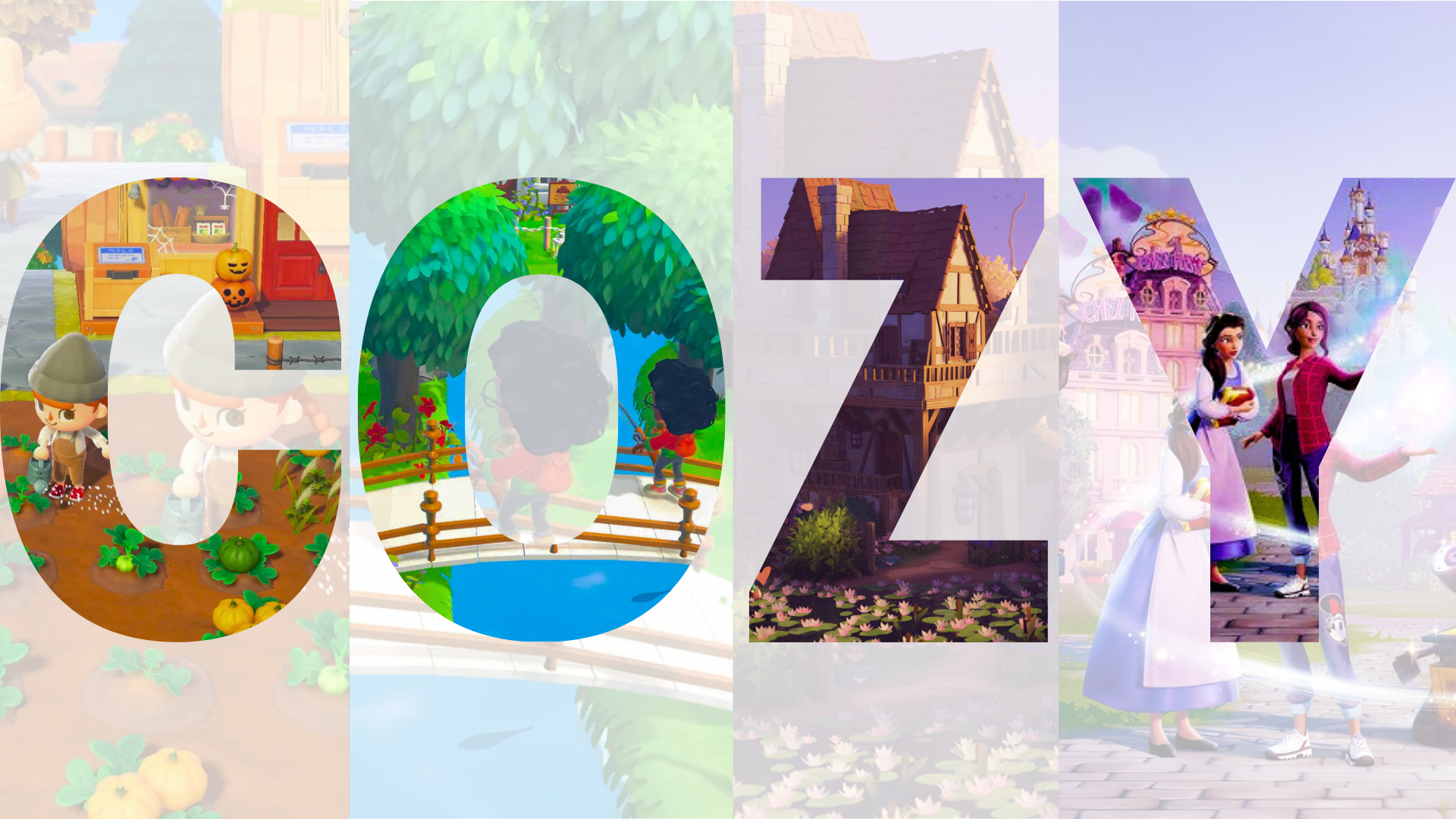
Reuters has recently published an interactive article (if you can even call it that) about the impact of cozy games on a person's mental health. The “article” is much more than just plain text: While scrolling through a site, you take control over a little Radish, who wanders around a town called "Rootersville". You meet villagers, plant sunflowers, and learn about the impact of cozy games while actually playing one.
I highly recommend checking it out, it is one of the most creative article pages I have ever seen.
Cozy Games: More Than Just a Trend?
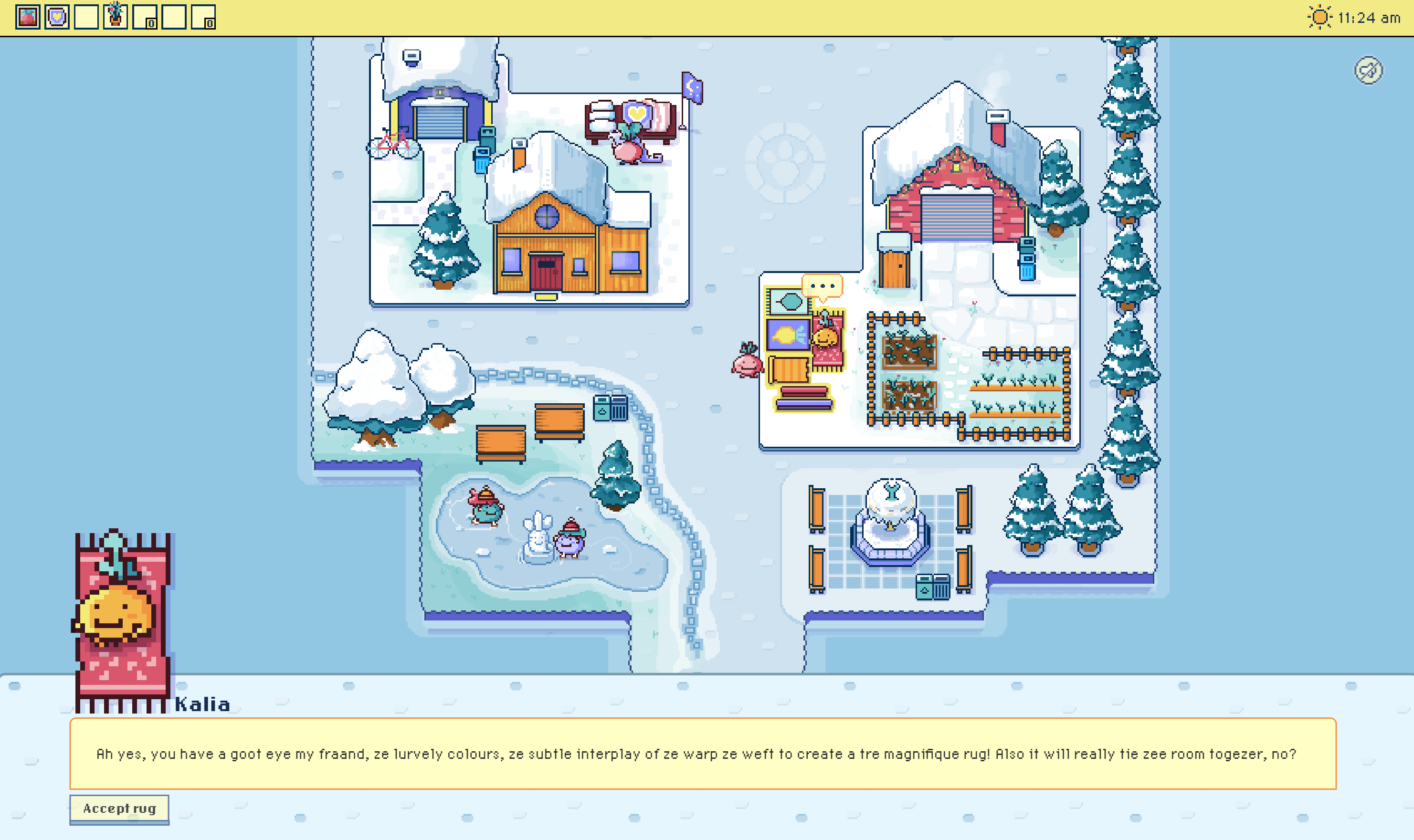
According to a report by Reuters, the gaming industry has surpassed both the film and music industries in size, with one of its fastest-growing subgenres being "cozy games." These relaxing, low-pressure experiences are designed to be simple and chill, offering challenges that are more about building and exploring than combat or destruction. But could they also be good for mental health? Recent research cited by Reuters suggests they might be.
Cozy games have been around for a while, with classics like Harvest Moon (1996) paving the way. However, the genre truly exploded in popularity when Animal Crossing: New Horizons launched in 2020 – right at the beginning of the COVID-19 lockdowns. The game provided a digital escape for millions, selling over 13 million copies in its first six weeks. Reuters notes that its success sparked a wave of similar titles, solidifying cozy games as a major gaming trend.
But what exactly makes a game “cozy”? There’s no strict definition. If a game gives players a warm, comforting feeling, it fits the bill. Many cozy games feature soothing music, soft color palettes, and gameplay that allows players to progress at their own pace.
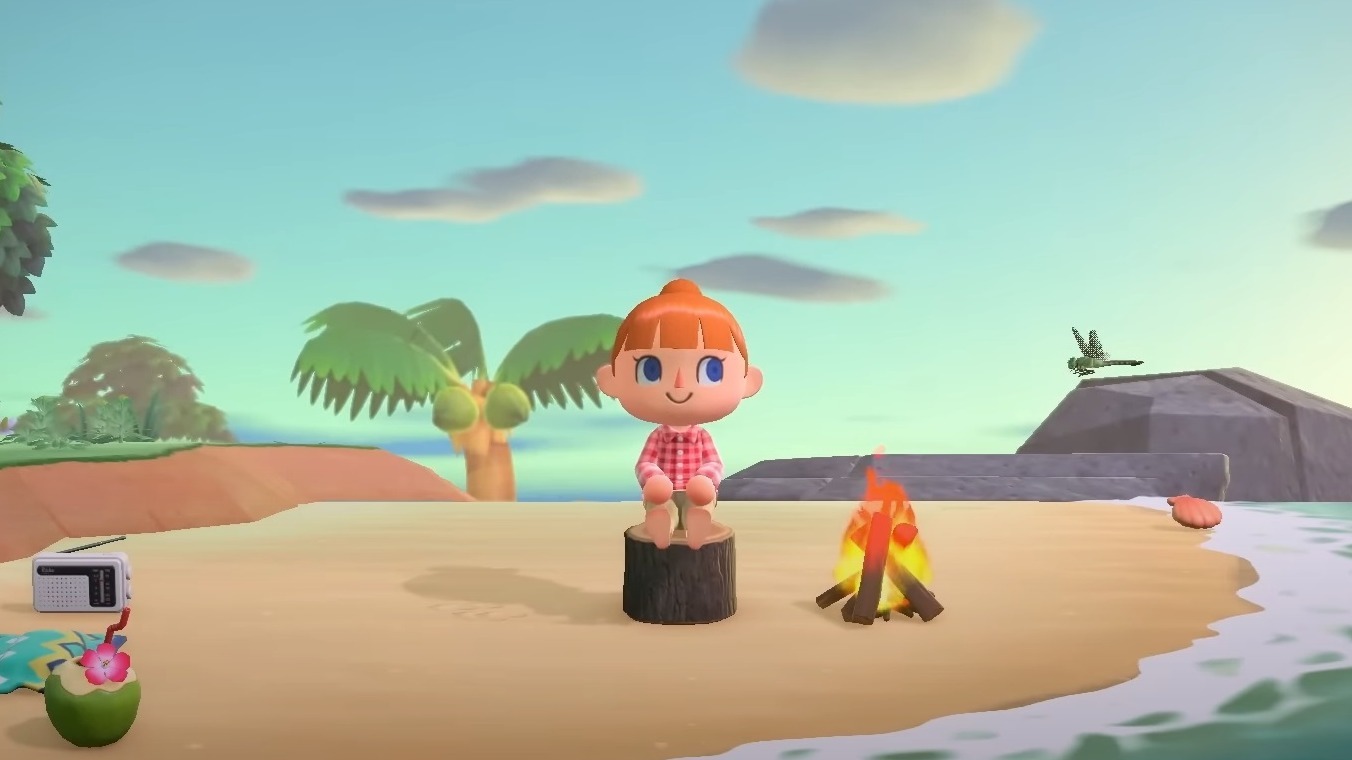
Beyond entertainment, cozy games create communities. Online interactions within these games can be a lifeline for many players, particularly neurodivergent individuals. Reuters interviewed Suzanne Roman – who describes herself as an autistic advocate – and shared how her daughter, who spent much of her youth forming friendships online, was deeply supported by her gaming community. For her 21st birthday, friends from all over the world chipped in to get her a special gift – highlighting how these virtual spaces can foster real-life connections.
Despite concerns over gaming addiction, recognized by the World Health Organization in 2019, some researchers argue that gaming can actually improve well-being. Reuters cites Hiroyuki Egami, an assistant professor at Nihon University, who studied the effects of video games on mental health during the pandemic. His findings? Playing video games for just an hour a day was linked to reduced psychological distress and increased life satisfaction.
Similarly, a study from Michael Wong at McMaster University found that playing a casual game was just as effective at reducing stress as meditation. Makes sense, right? Essentially, meditation is about calm breathing and letting go of bad thoughts... When I think back of my times of playing Animal Crossing, that is EXACTLY what happened.
With studies like these, video games are also being explored as therapeutic tools. According to Reuters, Aarón Sújar from Rey Juan Carlos University is researching how gaming can help manage ADHD, showing that the industry’s impact goes beyond just entertainment.
What Do Industry Experts Say?
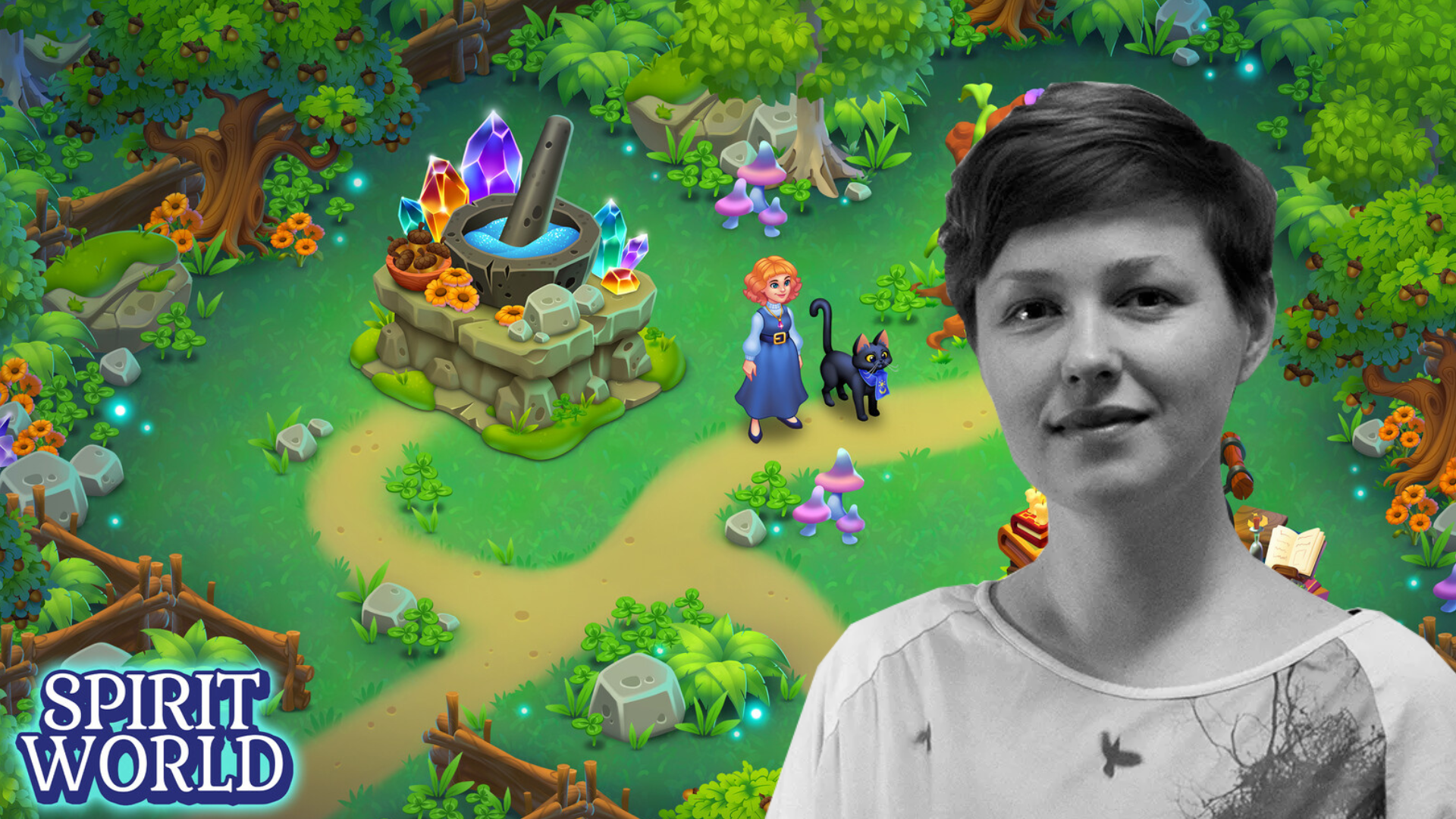
To explore this further, I spoke with Lena Mech, co-founder of Cozy Game Studio, whose mission is to make self-care more accessible by integrating tools from positive psychology, meditation, and nervous system regulation into video games.
Lena Mech has always been fascinated by how games affect human behavior and motivation. “Games are really powerful in motivating people to do sometimes very menial tasks,” she explained. “Like when you look at clicker games, you’re literally just tapping on a phone, and people love it and can play forever.” This understanding led her to explore how games could be used to encourage more meaningful activities, such as self-care and mindfulness.
For Mech, the inspiration for her work came from personal struggles with establishing a meditation routine. “I was really interested in meditation, but I always found it too boring to do. I would go on and off with different apps,” she said. “And then I realized – why not integrate it into a game? If games can get you to click on your phone for hours, why can’t they also inspire you to do something beneficial for your health?”
How Game Devs Make A Game "Stress-relieving"
Mech pointed out that many cozy games remove traditional stressors commonly found in other genres. “For example, time limitations can become a stressor, and that’s something a lot of cozy games don’t have,” she said. “You just have a quest, and you can finish it whenever you want. There’s no pressure to complete something within a certain time frame.”
She also noted that gameplay mechanics play a crucial role in reducing stress. “Not having to react quickly is a big part of it,” Mech explained. “The pace is slower, and the reaction time is up to you as a player. You can just sit and stare forever if you want, and that’s relaxing in itself.”
Games As A Form Of Meditation
As previously noted, a study by Michael Wong at McMaster University found that casual games reduce stress as much as meditation. Mech found this particularly intriguing, especially in relation to the concept of "flow states."
“In games, we’re obsessed with flow states – we constantly talk about being in the flow,” she said. “But what’s fascinating is that meditation researchers talk about the same thing. They describe meditation as entering a flow state too. It’s interesting how both areas look at the same psychological studies and come to similar conclusions.”
In game design, a flow state occurs when players are fully immersed in gameplay, with challenges that match their skill level, keeping them engaged without frustration or boredom. Game designers aim to maintain this state to maximize player enjoyment and retention.
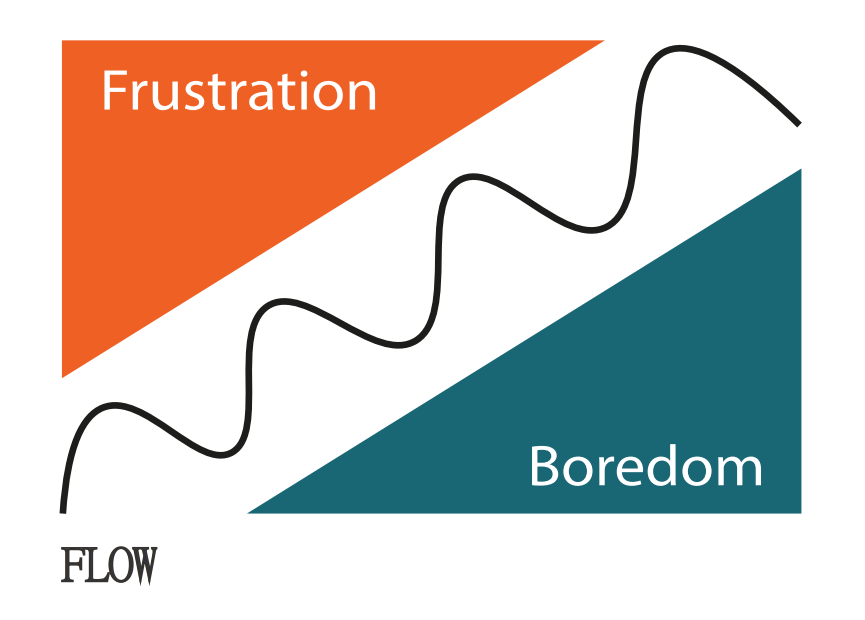
A Tool for Mental Well-Being
Besides relaxation, cozy games could even serve as tools for improving mental health. Mech shared an anecdote about a friend with ADHD who struggles to focus during difficult conversations. “She plays Hue on her phone while talking to her partner about something uncomfortable,” Mech said. “Even though she’s staring at her phone, it actually helps her stay present in the conversation rather than becoming overwhelmed.”
Therefore, cozy games can offer more than just escapism – they can also provide players with strategies for managing emotions and stress in their daily lives. “Yes, games are escapism, but that’s the great part about them,” Mech emphasized. “Sometimes you need to step away from your stressful environment and get involved in something else. Games have been villainized for so long, but they have so much potential to help us be better humans.”
Cozy games are more than just a relaxing pastime. With their stress-free mechanics, meditative qualities, and ability to foster mindfulness, they can offer real benefits for mental well-being. Each year it becomes clearer that these games have the potential to be more than just a source of comfort but a valuable tool for improving mental health.
I would like to thank Lena Mech for sharing her insights and experiences with us, and highly encourage our readers to check out Cozy Game Studio and their upcoming title "Spirit World".


































